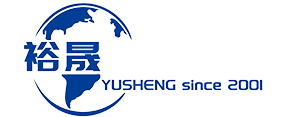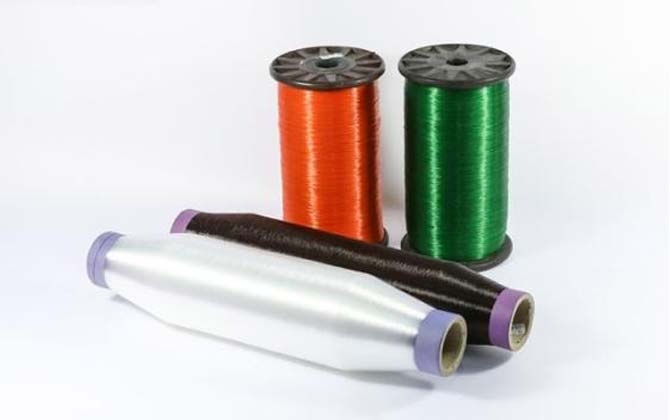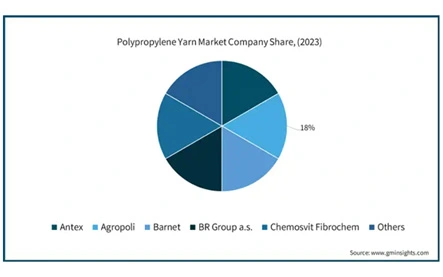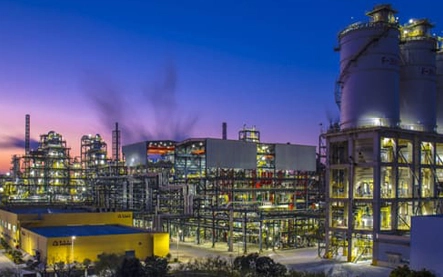

Polyester tire cord fabric is characterized by its heat resistance, good thermal stability, low elongation, and high wet strength. However, compared to nylon tire cord fabric, it has lower fatigue resistance and strength, poorer aging resistance, and higher costs. Hence, its application in the rubber industry is not as extensive as nylon tire cord fabric. It is mainly used in passenger tire carcasses and can also be employed in aircraft tires.
In the production of dipped polyester tire cord fabric, conventional Resorcinol Formaldehyde Latex (RFL) dipping alone may not achieve ideal adhesion with rubber. Instead, the following dipping systems are used:
Closed isocyanate and epoxy resin dipping system: Suitable for the double-bath method, where these tyre cord fabrics undergo the first bath with a solution composed of epoxy resin, closed isocyanate, etc., followed by heat treatment. It then undergoes the second bath with RFL dipping solution.
Vulcabond E dipping system: Involves chlorophenol compound water-based dipping solution, which can be mixed directly into the RFL dipping solution for single-bath dipping.
Surface activation treatment of fibers: Involves applying compounds like closed isocyanate, epoxy resin, oleic esters, and glycerol triacetate to untreated single filaments during spinning, stretching, or twisting processes.
Potential Issues:
Polyester tire cord fabric undergoes chemical degradation under the influence of amine substances, with degradation occurring more rapidly in the early stages of aging. This degradation primarily occurs in the amorphous regions within the polyester fibers, with the crystalline regions showing slower degradation, resulting in minimal loss of strength.
Different rubber accelerators have varying effects on the degradation of polyester tire cord fabric. Factors such as the thermal stability of the accelerators, the activity of the amine groups formed during decomposition, and the thermal stability of the complexes formed with other additives in the rubber compound all influence the degradation process.
Sulfur accelerators, such as thiazole accelerators, have the most significant effect on amine degradation of polyester tire cord fabric, followed by dithiocarbamate accelerators, while the impact of sulfenamide accelerators is minimal.
Impurities in natural rubber, such as fatty acids and esters, can also cause degradation of polyester tire cord fabric.
The higher the carboxyl group content in polyester fibers, the more susceptible they are to chemical degradation, resulting in greater loss of strength.
Mitigation Measures:
To prevent amine degradation, it is advisable to minimize or avoid the use of amine-containing substances in the polyester tire cord fabric coating formula.
Heat treatment of polyester tire cord fabric after dipping not only enhances its adhesion to rubber but also improves its resistance to degradation.
The addition of anti-amine degradation agents can inhibit the amine degradation effect of accelerator decomposition products on polyester tire cord fabric, effectively enhancing its resistance to amine degradation under heat, thereby significantly improving its strength retention.
In conclusion, understanding the properties and considerations of dipped polyester tire cord fabric is crucial for ensuring its effective application in tire manufacturing processes, enhancing tire performance, and extending tire lifespan.
We Value Your Privacy.
Our website uses cookies to improve your experience. By clicking "Accept All Cookies", you agree to the storing of cookies on your device to enhance site navigation, analyze site usage, and assist in our marketing efforts.
 English
English 日本語
日本語 한국어
한국어 français
français Deutsch
Deutsch Español
Español italiano
italiano русский
русский português
português العربية
العربية tiếng việt
tiếng việt





